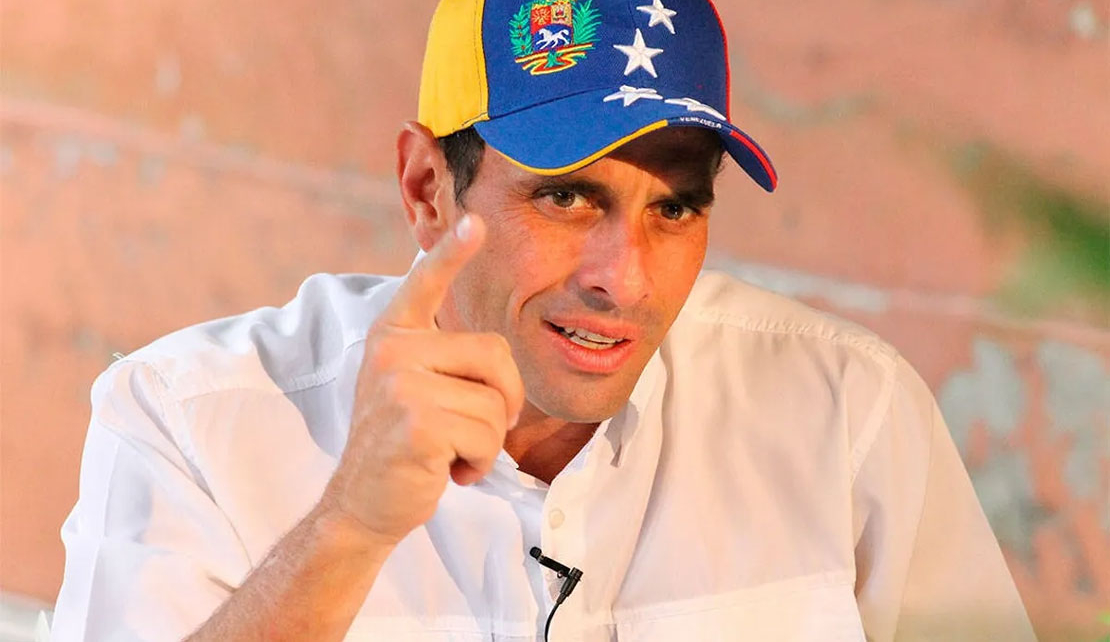VENEZUELA | 89 percent voters abstain on border dispute referendum in Venezuela, says opposition

Caracas, Dec 3 (EFE).- Venezuelan opposition leader claims that the participation in Sunday’s non-binding referendum on the territorial dispute with eastern neighbor Guyana saw a turnout of 2,110,864 voters out of 20.69 million citizens, an abstention of over 89 percent.
Nicolás Maduro had hoped to leverage his country’s century-long claim to the disputed Essequibo region to mobilise public support but voting stations across the country were largely quiet on Sunday as most voters shunned the issue.
The turnout appeared so underwhelming that the Venezuelan government has been widely accused by analysts of falsifying the results.
“The Venezuelan people have sent Maduro a very strong message and I do hope that Maduro has taken note of what they’ve said,” said Robert Presaud, Guyana’s foreign secretary, on Monday.
Guyanese officials would not comment directly on the results but sources close to the government told the Guardian they were “relieved” by the surprisingly poor turnout.
Venezuela has laid claim to the oil-rich Essequibo region ever since it gained independence from Spain in 1811, alleging that its borders were drawn up unfairly in an act of international collusion.
The dispute is being reviewed in the international court of justice but Maduro has pleaded for weeks on TikTok and national TV for the Venezuelan public to back the government to take matters into its own hands.
The turnout appeared so underwhelming that the Venezuelan government has been widely accused by analysts of falsifying the results.
“The Venezuelan people have sent Maduro a very strong message and I do hope that Maduro has taken note of what they’ve said,” said Robert Presaud, Guyana’s foreign secretary, on Monday.
The referendum included five questions. The first four were about the acceptance or rejection of international treaties and tribunals to settle the border issue with Guyana.
The fifth was about the agreement to annex the territory, the creation of a state called Guayana Esequiba, and the “accelerated plan” to grant citizenship to the local population.
The National Electoral Council (CNE) announced that they totaled 10,554,320 votes, without clarifying whether it corresponds to the number of voters or the number of questions answered.
Opposition leader Henrique Capriles said the authorities “did not dare to say it (turnout) was 2,110,864 voters” as there are five votes per voter, given there are five dichotomous questions for each participant, on X (formerly Twitter) on Monday.
Capriles, one of the anti-Chavistas who voted in the referendum, said that President Nicolas Maduro “turned” the day “into a resounding failure.”
According to CNE, 95.93 percent of Venezuelans who participated in the referendum responded affirmatively to the fifth question on annexing Guyana.
The insistent call by the Maduro government for “massive participation” in the referendum in defense of Essequibo, a territory of almost 160,000 square kilometers in dispute with Guyana reportedly received a weak response on Sunday.
EFE confirmed the low turnout at several polling stations that saw empty streets, a scene contrary to the festive atmosphere that the government expected.
Venezuela has laid claim to the oil-rich Essequibo region ever since it gained independence from Spain in 1811, alleging that its borders were drawn up unfairly in an act of international collusion.
The dispute is being reviewed in the international court of justice but Maduro has pleaded for weeks on TikTok and national TV for the Venezuelan public to back the government to take matters into its own hands.
Both Guyana and Venezuela have increased military activity on their borders in recent weeks as tensions between the contending nations reached unprecedented heights. Brazil also sent troops to its jungle frontier over the weekend as fears grew that the vote could spark military action.
Venezuela’s government has said that more than 10.5 million people voted in the referendum – which would be a higher number than voted to re-elect Maduro’s more popular predecessor, Hugo Chávez, in 2012.
An image purported to have been shared and later deleted by Venezuela’s electoral authority showed a table with about 2 million votes for each of the five questions, suggesting that they tallied the number of votes rather than voters to spin the public relations disaster.
The Venezuelan government has not published any detailed or regional results, adding to doubts around their validity. “If the government stands by their claim that this is a massive success they should have no difficulty in publishing the breakdown of votes,” said Geoff Ramsey, senior fellow at the Atlantic Council.
Intelligence collected by Guyana and its allies suggest the actual turnout was fewer than 1.5 million people – less than a 10th of the population – said a source close to the Guyanese government who described the move as “rigonomics”.
Source: Demerara Waves
